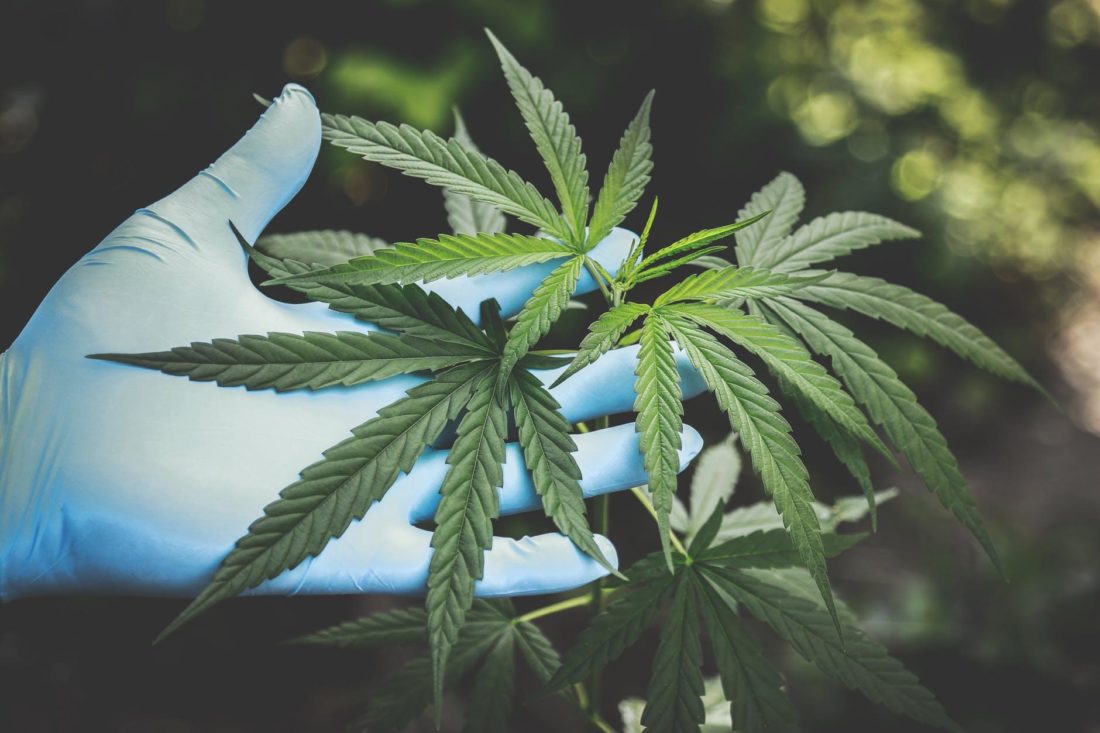6 benefits of medical CBD oil in Europe
 There are not many subjects which can stir up strong emotions amongst politicians, researchers, public and doctors as fast as medical marijuana can. Lately, there has been strong global support amongst the masses to legalizing marijuana, though before we get on to this, there are a few questions that need some answers.
There are not many subjects which can stir up strong emotions amongst politicians, researchers, public and doctors as fast as medical marijuana can. Lately, there has been strong global support amongst the masses to legalizing marijuana, though before we get on to this, there are a few questions that need some answers.
So, what is Medical Marijuana?
Medical Marijuana refers to the medical use of the Cannabis Sativa or Cannabis Indica plant to treat diseases and give relief to the patients. This plant has been used for centuries to cure medical ailments, and up till the early 1900s, it was used extensively around the world.
So, what changed? And questions that are being asked today regarding its effectiveness, usage, are they out of the blue or do they hold some significant truth behind them?
In the section below, we will discuss studies and well researched based Medical uses of Marijuana
- Pain Control:
One of the most common uses of medical marijuana is to pain management. Although it is not advisable and recommended to use it for diluting severe pain, since it is not strong enough, examples could be of the pain which one experiences after fracturing a bone or that after having surgery. However, it’s strength and effectiveness lie is in managing chronic pain, which plagues millions of people around the world as they grow old. Not only medical marijuana is far safer for consumption than opiates (it is practically impossible to overdose on and far less addictive) but also it can be used by people who suffer from chronic kidney and ulcer sufferings and cannot use medicines such as Advil or NSAID
-
Treating Inflammatory Bowel Diseases:
According to multiple studies done, patients that are suffering from inflammatory bowel diseases such as ulcerative colitis could widely benefit from using marijuana. It is reported to help patients suffering from pain and irritable bowel syndrome and Crohn’s disease by providing them relief and an adequate remedy. THC and cannabidiol found in marijuana enhance cells that play an important role in functioning our gut and immune system and make the intestinal bond stronger and tighter, boosting our bodily system.
-
Slows Down the Spread of Cancerous cells:
An article published in the Molecular Cancer Therapeutics journal, suggests cannabis can stop the spread of cancer within a body by turning off a gene called Id-1, which prevents the growth of cancer. After years of studying, researchers are under the opinion that the inclusion of cannabidiol CBD in Europe can be a useful drug against cancer and it also may work to slow down tumor growth within different areas of the body including the brain, breast, and the lungs.
-
For the Treatment of Glaucoma:
Another benefit of using medical marijuana is that it is highly effective for the treatment of Glaucoma. In a study, the drug is said to have released pressure inside the eye, which could have caused nerve damage within the optic nerve and may have caused a loss of vision
-
Easing Muscle Pain and spasm:
Medical marijuana, in particular, appears to respond well while easing out the pain multiple sclerosis and nerve pain in general. It is a grey area where only a few options exist, and those that do include highly addictive opiates. Not only the consumption of marijuana helps in relaxing the muscle, but it also allows patients to return to their lives without feeling disengagement.
-
Helps in Stroke recovery and against brain Injury:
There are multiple pieces of research in favor of cannabis being a great help in protecting the brain from the damage caused by a stroke. The drug prevents brain damage by reducing the size of the area affected by the stroke. Not only that, research has shown that the plant may help the brain to even recover after experiencing traumatic events such as a concussion or boost the healing mechanism after a bruise or an injury to the brain
Wrap Up:
There are reportedly many benefits derived from this plant. However, what is bizarre is that medical marijuana still retains a negative reputation globally, and it is still not made legal in most of the countries despite so many benefits.









